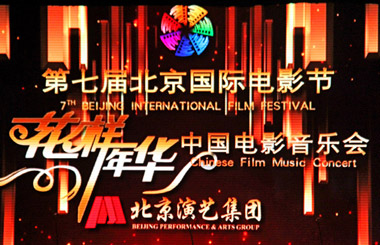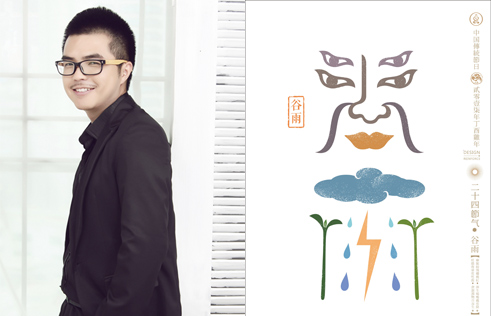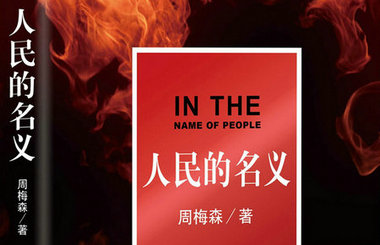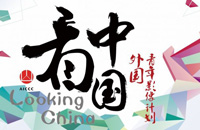Chinese bookstores adapt to social changes
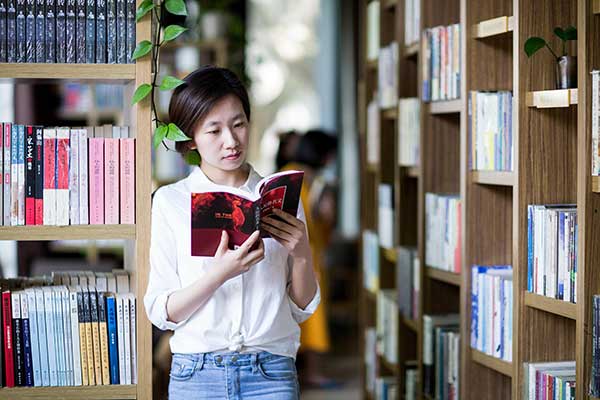 |
|
As China's consumer spending on culture grows, the country's bookstores are reinventing themselves. Redefining themselves as "knowledge centers" or "cultural hubs," physical bookstores are reviving an industry in a downturn.[Photo by Su Yang/Asianewsphoto] |
For Gao Hengrui, 20, going to a bookstore is no longer only about buying books, rather, it is a "culture hunt."
Wine tasting, photo exhibitions, themed lectures -- cultural events like these have made bookstores a "must-go" for young Chinese.
"Bookstores today are not just stores, but public spaces where people can relax," Gao said.
As China's consumer spending on culture grows, the country's bookstores are reinventing themselves. Redefining themselves as "knowledge centers" or "cultural hubs," physical bookstores are reviving an industry in a downturn.
CITIC Books, the book chain owned by Chinese conglomerate CITIC Group, for example, offers value-added services to meet the demand of a niche market.
CITIC Books targets a group of customers it calls "the rising class," offering them new products in its bookstores, such as drones and 3D-enabled phones.
To diversify its income streams, CITIC Books also offers customized services to corporate executives, selecting the "right" books to cater to the demand of individuals based on their personal characteristics such as age and interest.
"Bookstores are not just selling products now. In fact, they are selling lifestyle," Fang Xi, general manager of CITIC Books, told Xinhua.
In 2016, CITIC Books' parent company, CITIC Press, generated a net profit of 128 million yuan (about $18.6 million), 28 percent more than the previous year, according to the company's annual report.
Revenue growth will accelerate as the book chain opens more stores this year, according to Fang. Confident in the company's growth potential, Fang said that CITIC Books plans to open another 60 stores in 2017.






